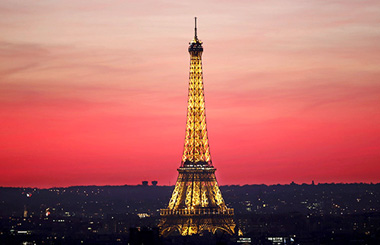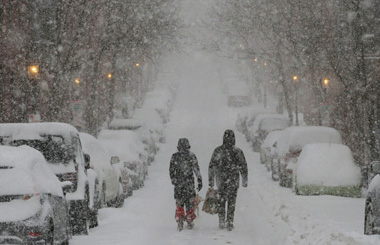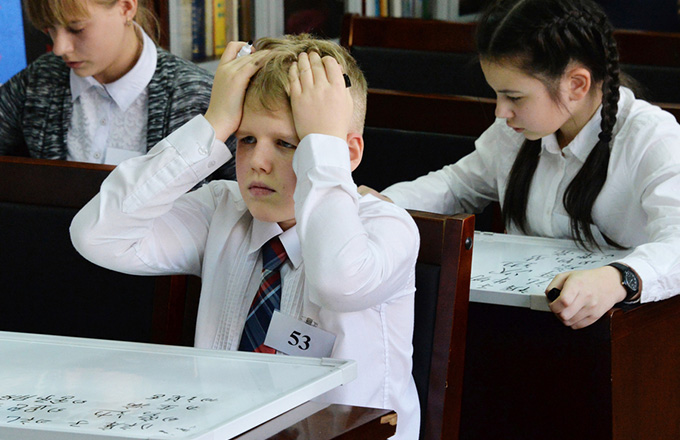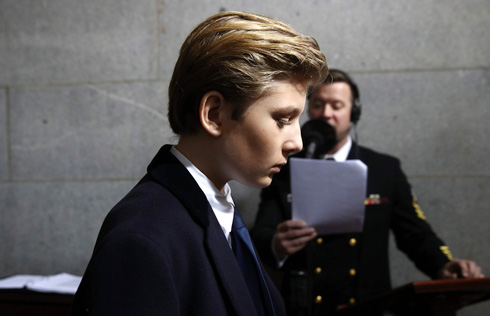Dresden protesters target Syrian-German’s art tribute
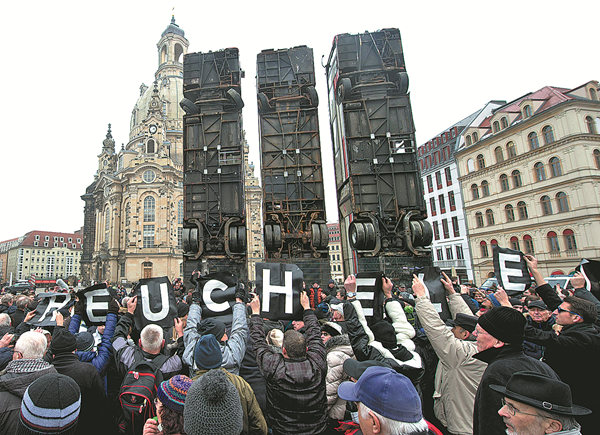 |
|
Protesters hold up posters spelling out "hypocrisy" near the Frauenkirche in Dresden, Germany, on Tuesday. Sebastian Kahnert / AFP |
Right-wing activists in the eastern German city of Dresden are protesting a work by a Syrian-German artist designed to show solidarity with the people of Aleppo, saying it belittles the memory of the city’s own bombing in World War II.
The installation, consisting of three buses standing on end, was placed in a square in front of the Frauenkirche (Church of Our Lady), which was destroyed by British and US bombers in World War II and rebuilt as a symbol of reconciliation.
The work evokes a scene from 2015 in which rebels in the Syrian city stood three buses on end to shield a street from government snipers.
It is part of commemorations for the 72nd anniversary of the obliteration of much of Dresden with firebombs in February 1945, three months before the end of the war in Europe.
The raids, which killed 25,000 people and destroyed historic Baroque churches and palaces, continue to evoke resentment in Dresden. The city is also the cradle of the anti-Muslim PEGIDA movement, which drew about 20,000 supporters to weekly marches in 2015.
Right-wing campaigners booed Dresden Mayor Dirk Hilbert at the opening ceremony on Tuesday and shouted "Garbage!", "Get out!", "Shame on you!" and "Traitor!" He also received death threats, German media reported.
Artist Manaf Halbouni, a German-Syrian, said he was shocked by the protest.
"The aim of this installation was to foster dialogue between people so that we can all discuss things together and try to solve problems together," he said.
On his website, he said his work links the suffering of people in Syria and Europe "but also the hope for reconstruction and peace".
After decades as a ruin, the Frauenkirche was rebuilt starting in 1994 and reconsecrated in 2005.
The Dresden branch of the anti-immigrant political party AfD, which has enjoyed a surge in popularity since an influx of over a million refugees, many from Syria, called the installation "an insult to the citizens of Dresden".




